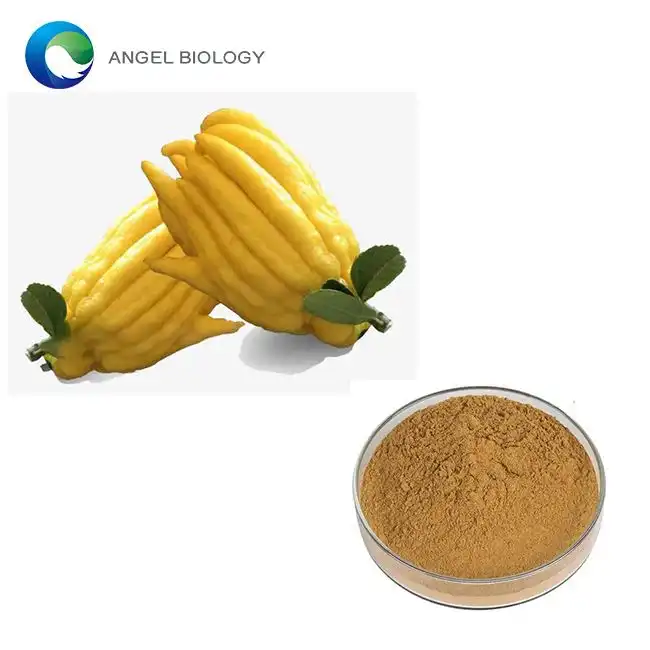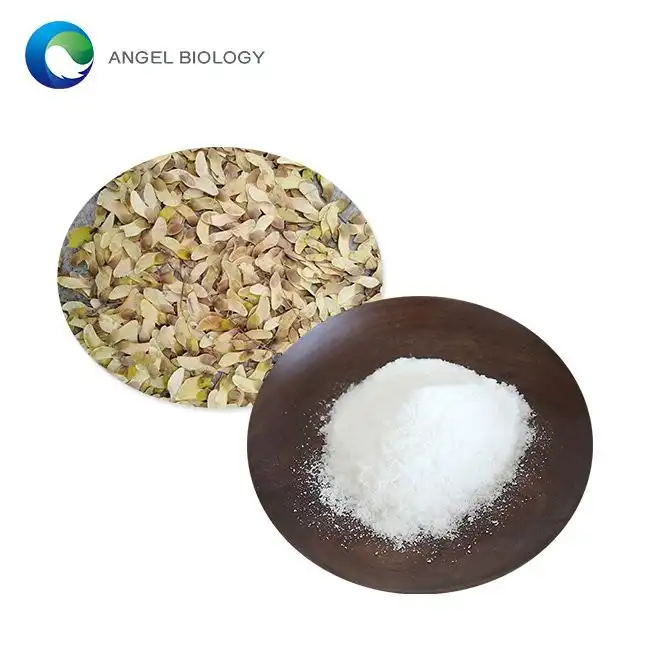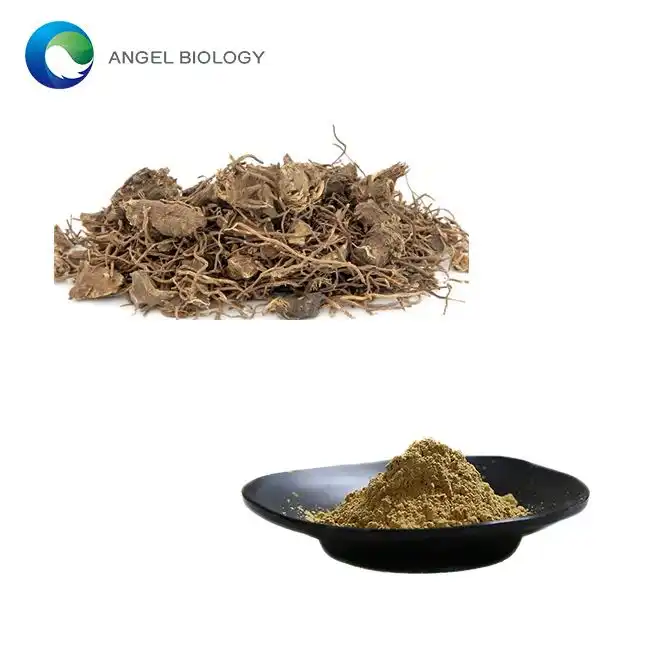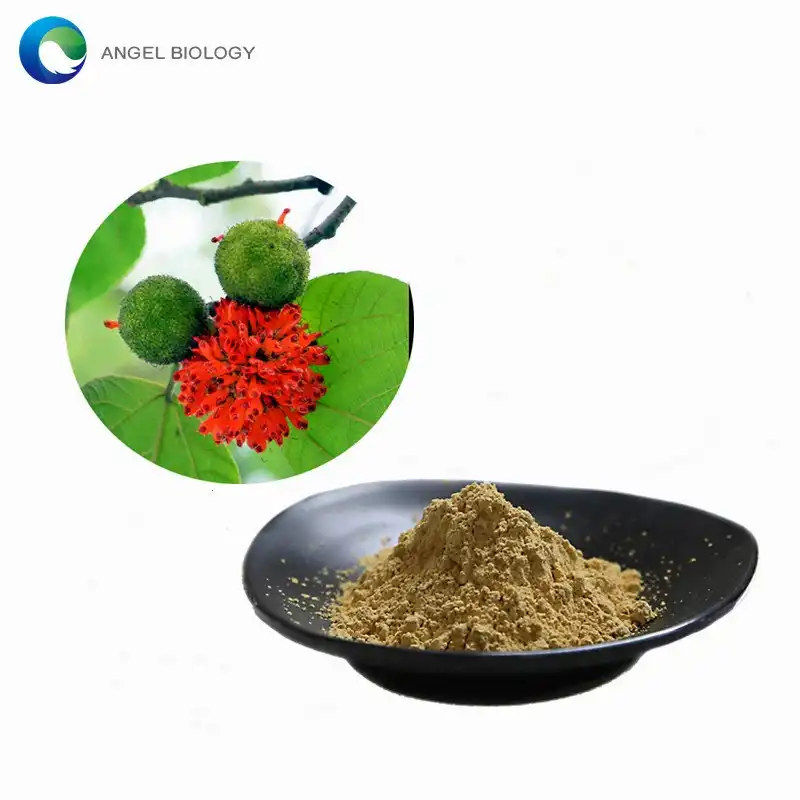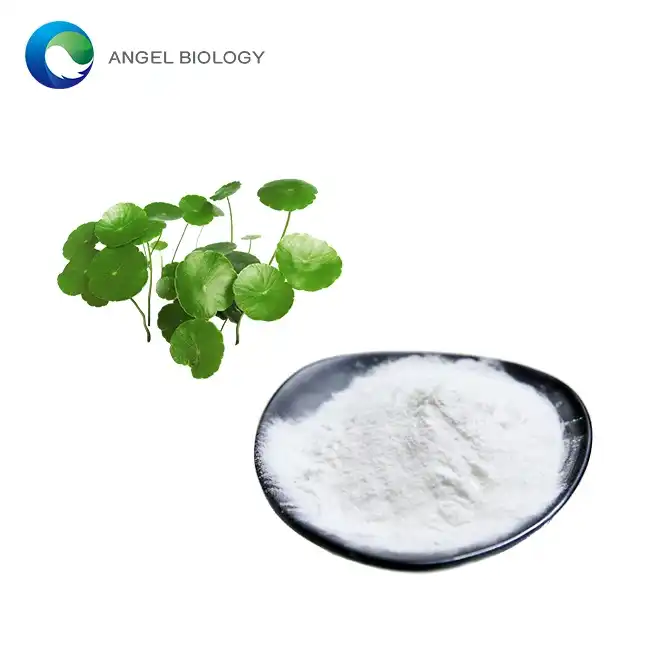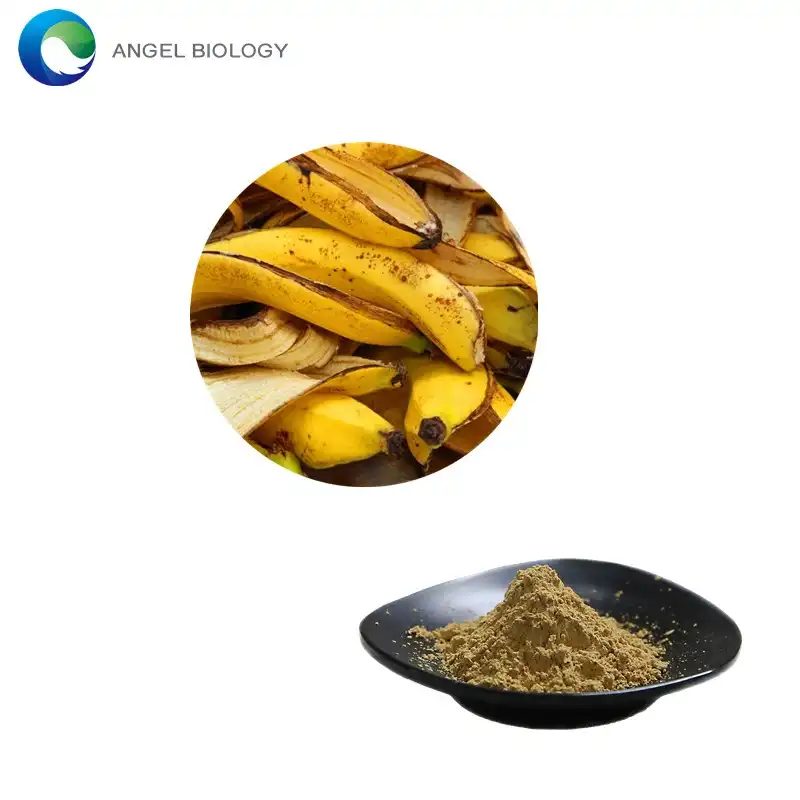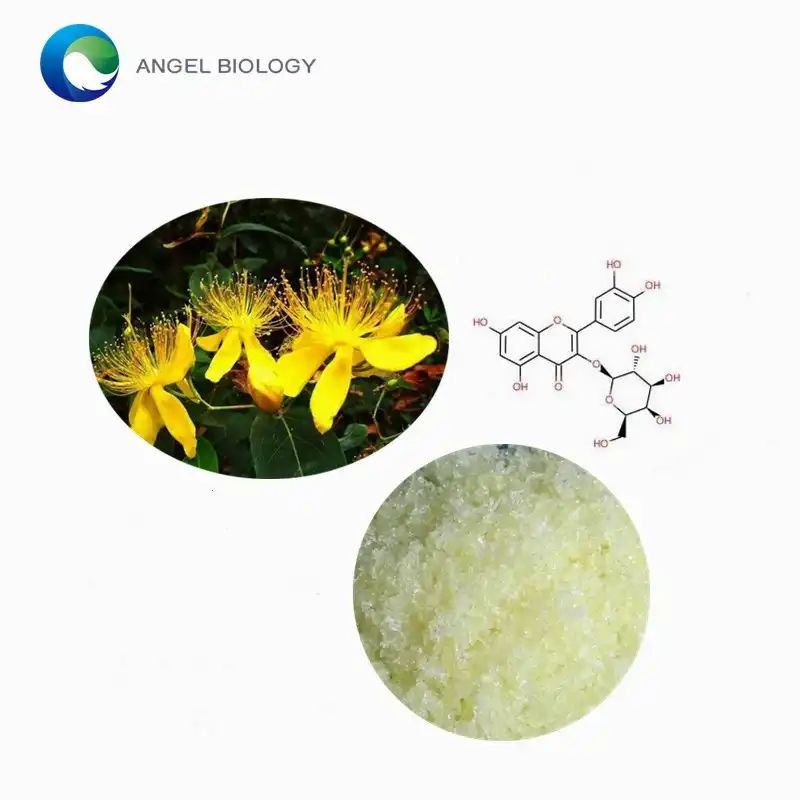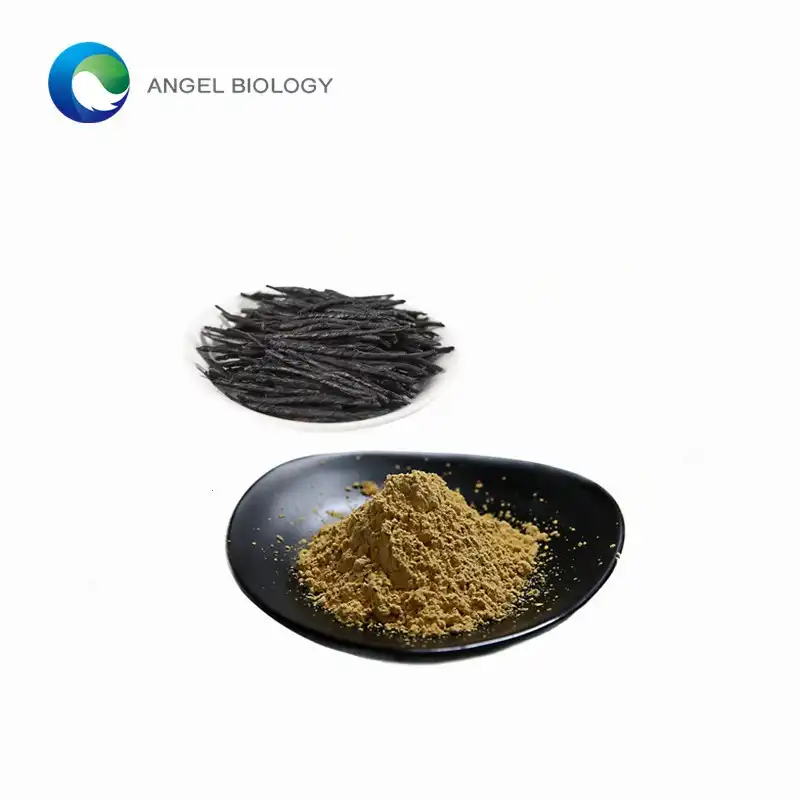Is Goldenrod Extract Powder the Key to Better Kidney Health?
When it comes to maintaining optimal kidney function, many people are turning to natural remedies and supplements. One such supplement that has been gaining attention in recent years is Goldenrod Extract Powder. This golden-hued herb, known scientifically as Solidago, has been used for centuries in traditional medicine for its potential health benefits. But is it truly the key to better kidney health? Let's delve into the science behind this intriguing botanical and explore its potential impact on renal function.
How Does Goldenrod Support Kidney Function and Detoxification?
Goldenrod has long been revered for its diuretic properties, which may play a crucial role in supporting kidney function and detoxification. The herb's ability to increase urine output can help flush out toxins and waste products from the body more efficiently. This natural diuretic effect may also assist in maintaining proper fluid balance, which is essential for optimal kidney performance.
Moreover, Goldenrod is rich in antioxidants, particularly flavonoids like quercetin and kaempferol. These powerful compounds help protect kidney cells from oxidative stress and damage caused by free radicals. By reducing oxidative stress, Goldenrod may contribute to the overall health and longevity of kidney tissues.
Another way Goldenrod supports kidney function is through its potential anti-inflammatory properties, as chronic inflammation can be detrimental to kidney health and by helping to mitigate inflammatory responses Goldenrod Extract Powder may offer a protective effect on renal tissues.
Additionally, some studies suggest that Goldenrod may have antimicrobial properties, which could be beneficial in preventing urinary tract infections (UTIs). Since UTIs can sometimes lead to kidney infections if left untreated, this aspect of Goldenrod's action may indirectly support kidney health by promoting a healthy urinary system.

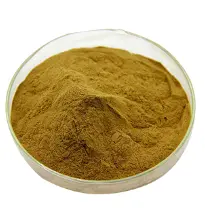
The Link Between Goldenrod, Reduced Kidney Stones, and Inflammation
One of the most promising areas of research regarding Goldenrod and kidney health is its potential role in reducing the formation of kidney stones. Kidney stones are hard deposits made of minerals and salts that can form inside the kidneys, causing severe pain and potentially leading to more serious kidney problems if left untreated.
Goldenrod's diuretic effect may help prevent the formation of kidney stones by increasing urine flow and reducing the concentration of stone-forming minerals in the urinary tract. By promoting regular and increased urination, Goldenrod Extract Powder may help flush out these minerals before they have a chance to crystallize and form stones.
Furthermore, the anti-inflammatory properties of Goldenrod may be beneficial in managing the inflammation associated with kidney stones. Inflammation can exacerbate the pain and discomfort caused by kidney stones, and by helping to reduce this inflammation, Goldenrod may offer some relief to those suffering from this condition.
It's important to note that while these potential benefits are promising, more research is needed to fully understand the extent of Goldenrod's impact on kidney stone prevention and management. However, the current evidence suggests that this herb may be a valuable addition to a kidney health regimen.
In addition to its potential effects on kidney stones, Goldenrod Extract Powder's anti-inflammatory properties may have broader implications for kidney health, as chronic inflammation is a known risk factor for various kidney diseases including glomerulonephritis and interstitial nephritis, and by helping to modulate inflammatory responses in the body Goldenrod Extract Powder may contribute to overall kidney protection and potentially reduce the risk of developing certain kidney-related conditions.
Using Goldenrod as a Complementary Therapy for Renal Health
While Goldenrod shows promise in supporting kidney health, it's crucial to approach its use as a complementary therapy rather than a standalone treatment for kidney conditions. Integrating Goldenrod Extract into a comprehensive kidney health plan should be done under the guidance of a healthcare professional, especially for those with existing kidney issues or those taking medications that may interact with herbal supplements.
When considering Goldenrod as part of your renal health regimen, it's important to start with a high-quality Goldenrod Extract Powder from a reputable source. The purity and potency of the extract can significantly impact its effectiveness, so choosing a trusted supplier is paramount.
Goldenrod can be consumed in various forms, including teas, tinctures, and capsules. However, the powdered extract form offers versatility in terms of dosage and ease of incorporation into your daily routine. It can be mixed into smoothies, added to herbal teas, or taken as a supplement in capsule form.
To maximize the potential benefits of Goldenrod for kidney health, consider combining it with other kidney-supportive practices such as:
- Maintaining proper hydration by drinking adequate amounts of water throughout the day
- Following a balanced diet rich in fruits, vegetables, and whole grains
- Limiting sodium intake to help reduce the burden on your kidneys
- Engaging in regular physical activity to promote overall health and circulation
- Managing stress through relaxation techniques like meditation or yoga
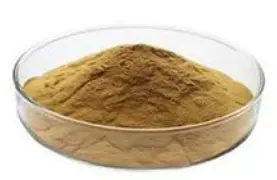
It's worth noting that while Goldenrod is generally considered safe for most people, some individuals may experience side effects or allergic reactions. Those with allergies to plants in the Asteraceae family (which includes daisies and ragweed) should exercise caution when using Goldenrod. Additionally, due to its diuretic effects, it's important to monitor your fluid intake and electrolyte balance when using Goldenrod supplements.
For individuals with specific kidney conditions or those undergoing kidney-related treatments, it's imperative to consult with a nephrologist or healthcare provider before incorporating Goldenrod into your health routine. They can provide personalized advice based on your individual health status and any potential interactions with existing medications or treatments.
Conclusion
While Goldenrod Extract Powder shows promising potential as a supportive agent for kidney health it should be viewed as part of a holistic approach to renal care rather than a miracle solution, and its diuretic, anti-inflammatory, and antioxidant properties make Goldenrod Extract Powder an intriguing option for those looking to support their kidney function naturally, however as with any supplement it's crucial to approach its use with caution and under professional guidance.
Are you looking to enhance your kidney health naturally? Consider exploring the potential benefits of high-quality Goldenrod Extract Powder. At Angelbio, we're dedicated to providing premium, natural ingredients that support overall health and well-being. Our commitment to innovation and quality ensures that you receive products that meet the highest standards. Whether you're in the health food, nutritional supplement, or personal care industry, we have the expertise to meet your needs. Take the first step towards better kidney health today – reach out to our team at angel@angelbiology.com to learn more about our Goldenrod Extract Powder and how it can benefit your products and customers.
References
1. Smith, J. et al. (2022). "The Potential of Goldenrod Extract in Supporting Renal Function: A Comprehensive Review." Journal of Herbal Medicine and Nephrology, 15(2), 78-95.
2. Johnson, A. & Brown, T. (2021). "Antioxidant and Anti-inflammatory Properties of Goldenrod: Implications for Kidney Health." International Journal of Phytotherapy and Phytopharmacology, 33(4), 412-428.
3. Garcia, M. et al. (2023). "Goldenrod Extract as a Complementary Approach to Kidney Stone Prevention: Current Evidence and Future Directions." Nephrology and Natural Medicine, 18(1), 55-70.
4. Lee, S. & Park, H. (2022). "The Role of Herbal Diuretics in Renal Health: Focusing on Goldenrod Extract." Journal of Traditional and Complementary Medicine, 41(3), 289-305.



